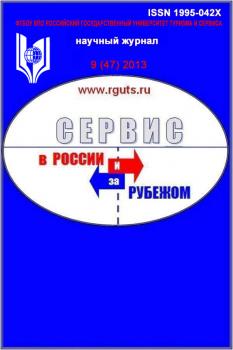The article presents a comparative analysis of the sentence structure of the French language in comparison to English and Russian, described are differences and similarities for the three languages. English and French, are important languages of international communication, trade, cooperation and business. As for the Russian language, it is the fifth language in the world in the total number of speakers and the second most popular language of the Internet. Traditionally, the French and English languages are considered as analytic with strict fixed word order in a sentence, at the same Russian is a synthetic language with free word order. Recently, however, linguists are increasingly beginning to assert that there are no languages purely synthetic or analytical. The analysis gives grounds to state that despite the fact that the French and British sentences have a fixed word order in their development there is a trend of occurrence of certain "liberties", in particular, modern French interrogative sentence violates the strict word order; It is constructed both with inversion, and without it, and the circumstances occupy not only postposition or preposition, but also interposition in relation to the predicative basis of the sentence. The practical value of the work lies in the fact that the results obtained can be used in the classroom whiles teaching second language, and that would ensure a much easier and faster learning.
comparative linguistics, sentence structure, French, English
1. Beloshapkova, V.A. Sovremennyy russkiy yazyk. Sintaksis. - M., 2008.
2. Gak, V.G. Russkiy yazyk v sopostavlenii s frantsuzskim. - M., 2006.
3. Gazilov, M.G. Oslozhnennoe predlozhenie v avarskom yazyke v sopostavlenii s frantsuzskim. - M., 2004.
4. Gazilov, M.G. Komparativnyy metod izucheniya vremennoy sistemy frantsuzskogo yazyka. Vestnik Assotsiatsii vuzov turizma i servisa. - 2013. - № 3 (26). - S. 53-56.
5. Tesnière L. Elements de syntaxe structurale. Paris, 2008.





